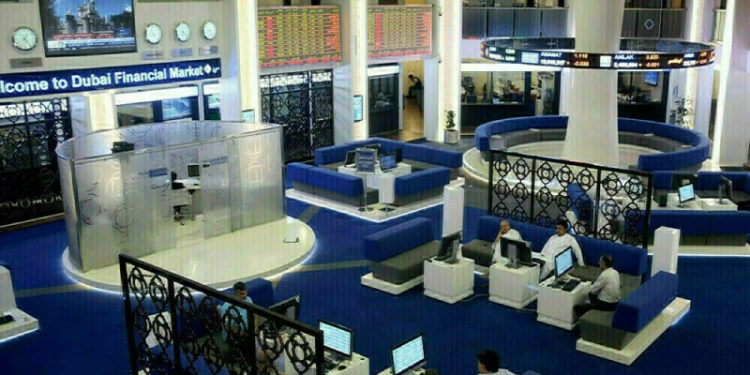By Stanley Carvalho
ABU DHABI (Reuters) – Abu Dhabi’s government merged two of its top investment funds on Saturday to strengthen their financial clout in an era of low oil prices, creating a company with assets totalling about $ 125 billion.
The new fund, Mubadala Investment Co, was formed by merging Mubadala Development Co and International Petroleum Investment Co, which own corporate stakes in the energy industry and other sectors across the world.
The new firm’s assets will total about $ 125 billion, based on valuations at the end of 2015, make it the world’s 14th largest sovereign fund, according to data from the Sovereign Wealth Fund Institute, which tracks the industry.
Mubadala Investment will be run by Chief Executive Khaldoon al-Mubarak, United Arab Emirates state news agency WAM reported, adding that a board had been appointed. Mubarak, a prominent executive who sits on several companies’ boards, was chief executive of Mubadala Development.
With oil prices at about half their levels in mid-2014, sovereign funds across the rich Gulf Arab oil exporting states are having to adjust policies to cope with lower inflows of petrodollars. Mubadala Development did not receive new cash from the government in 2015 for the first time in at least eight years.
The new firm’s large size should improve its ability to raise money from international markets, a source close to the merger told Reuters when the plan was originally announced last June.
As part of its drive to strengthen strategic financial firms, Abu Dhabi is in the process of merging its two biggest banks, National Bank of Abu Dhabi and First Gulf Bank. Bankers in the emirate say more mergers are likely.
Mubadala Investment will have a total of 68,000 employees globally with partnerships and businesses in 30-plus countries, it said in a statement.
Its assets include stakes in General Electric and private equity firm Carlyle, Spanish energy firm Cepsa and Austrian energy firm OMV, and Unicredit, Virgin Galactic and UAE construction firm Arabtec.
IPIC is locked in a dispute with Malaysian state fund 1MDB, after the Malaysian fund defaulted on interest payments for bonds which IPIC had guaranteed; IPIC is claiming about $ 6.5 billion. 1MDB has been the subject of money-laundering investigations in at least six countries.
(Additional Reporting by Ahmed Tolba and Tom Finn; Writing by Andrew Torchia; Editing by Larry King)

























